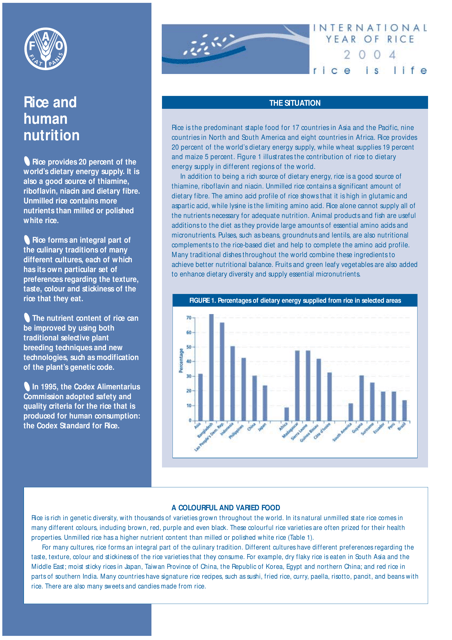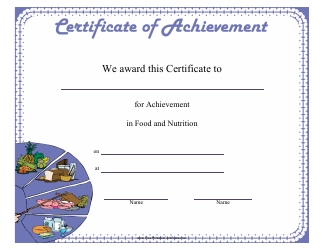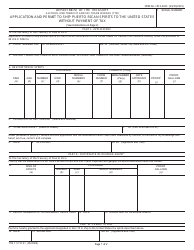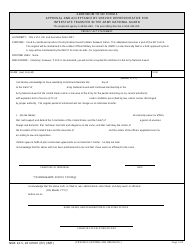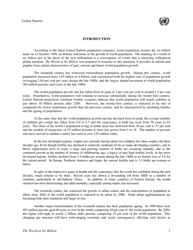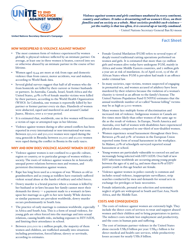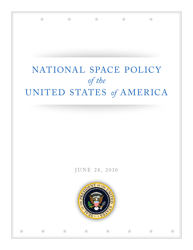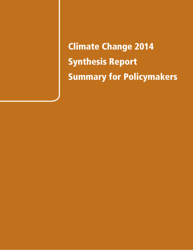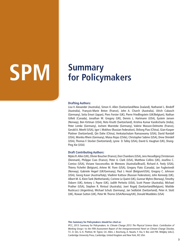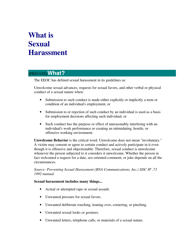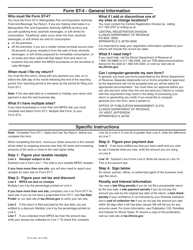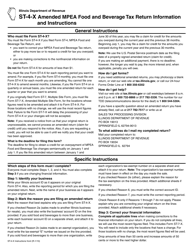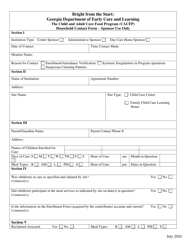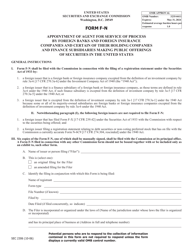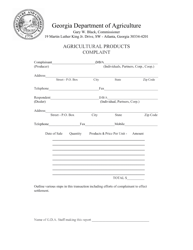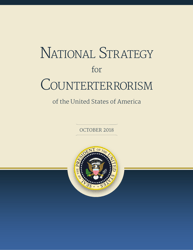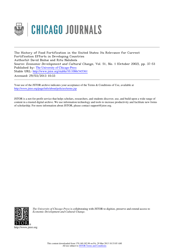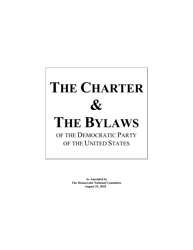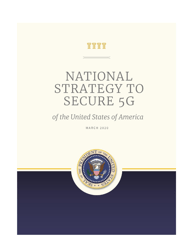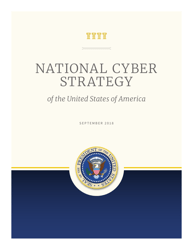Rice and Human Nutrition - Food and Agriculture Organization of the United Nations
The document "Rice and Human Nutrition" by the Food and Agriculture Organization of the United Nations provides information on the nutritional value of rice and its importance in human diets. It offers guidance and recommendations on how rice can contribute to a healthy and balanced diet.
The Food and Agriculture Organization of the United Nations (FAO) files the document "Rice and Human Nutrition."
FAQ
Q: Why is rice important for human nutrition?
A: Rice is an important source of carbohydrates and can provide essential nutrients like vitamins and minerals.
Q: What are the nutritional benefits of rice?
A: Rice is a good source of energy, and it contains important nutrients like iron, B vitamins, and fiber.
Q: Is rice a healthy food?
A: Yes, rice is a healthy food as it is low in fat and cholesterol-free.
Q: Can rice help with weight management?
A: Yes, rice can be helpful for weight management as it is filling and can be part of a balanced diet.
Q: What are the different types of rice?
A: There are many varieties of rice, including white, brown, jasmine, basmati, and wild rice.
Q: How should rice be stored?
A: Rice should be stored in a cool, dry place in an airtight container to maintain its quality and prevent insect infestation.
